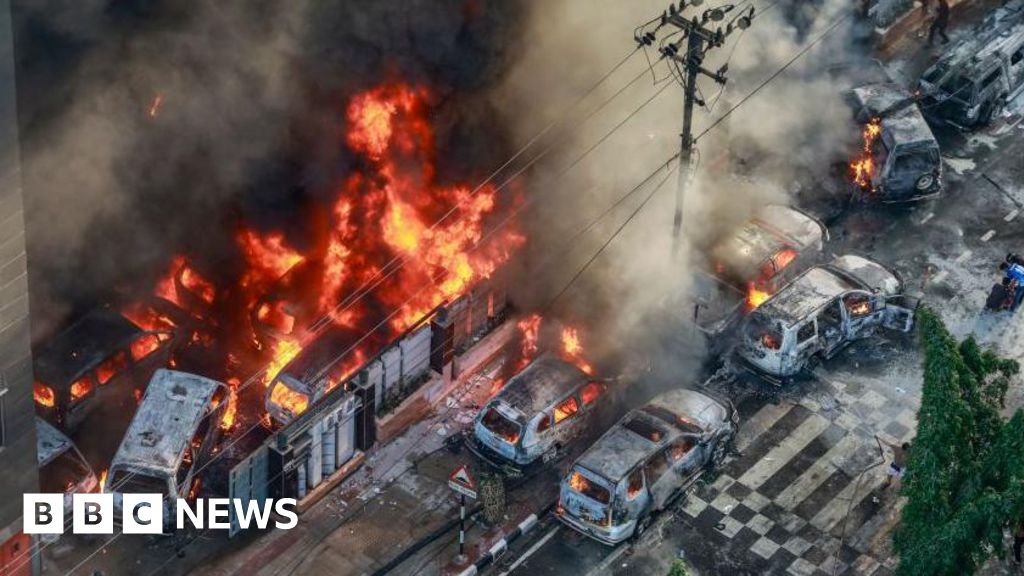
Bangladesh is currently experiencing its worst civil unrest in decades, with student-led protests against the reinstatement of government job quotas resulting in over a hundred deaths and widespread violence. The protests, which began on university campuses, have since grown into a larger movement against the government of Prime Minister Sheikh Hasina. The demonstrations were initially peaceful but escalated into violent clashes between protesters and police, leading to the imposition of a nationwide curfew and the deployment of military personnel.
The protests began after the High Court ordered the reinstatement of quotas for government jobs that had been abolished in 2018. The quota system reserves over half of civil service jobs for specific groups, including family members of veterans who fought in Bangladesh's war for independence from Pakistan in 1971, women, disabled individuals, and ethnic minorities. Students have been protesting against the reinstatement of these quotas as they believe that recruitment should be based on merit rather than quotas.
The protests have been fueled by economic woes and frustration with the government. Many Bangladeshis are struggling with rising food prices, high unemployment rates, particularly among the youth, and a shrinking space for democratic activity. The opposition parties have also expressed support for the student protesters.
Prime Minister Sheikh Hasina has faced allegations of corruption among her former top officials and many rights activists point out that space for democratic activity has shrunk over the past 15 years due to a lack of credible free and fair polling processes. The government, however, denies these charges.
The violence has resulted in an internet blackout, with text message services and overseas telephone calls also disrupted. The curfew was briefly lifted during lunchtime on Saturday to allow people to shop for supplies but was reimposed later in the day.
The protests have been the largest threatening the government since Sheikh Hasina's re-election for a fourth term earlier this year. Several opposition party leaders and activists have been arrested, along with protest organizers. The state appeal to the Supreme Court has suspended the reinstatement of quotas for a month, pending a hearing on August 7.
The protesters are holding positions despite the curfew announcement and risk of casualties if dispersed. Many have demanded accountability before agreeing to sit down with government representatives for talks.


